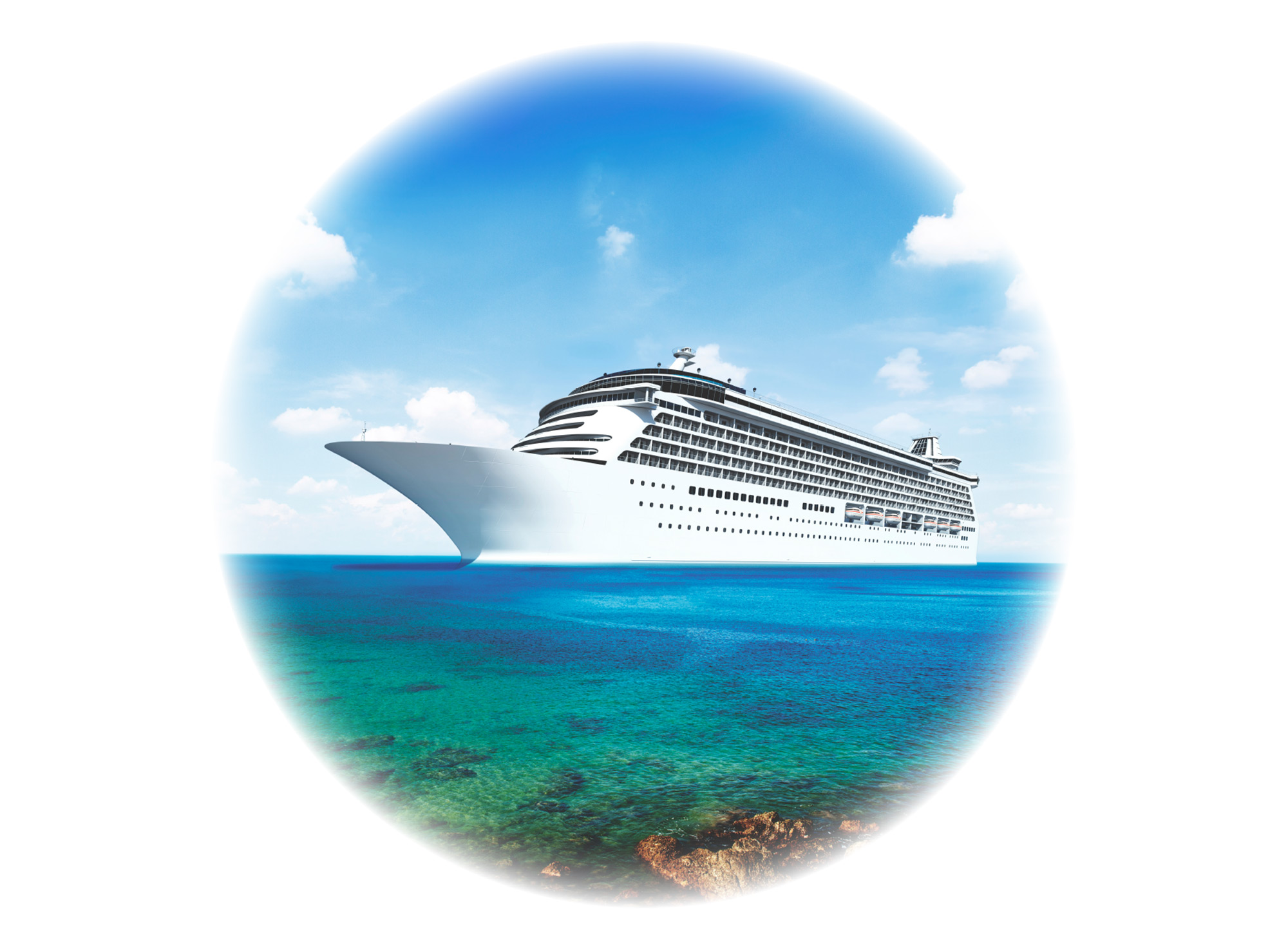Table Of Content

For example, you book a Caribbean cruise that departs during hurricane season but procrastinate on purchasing travel insurance. You'd only be covered if you had purchased the insurance prior to the naming of the tropical storm. If you want to be covered for pre-existing medical conditions, you should buy insurance at the time you make your final cruise payment. Not all policies offer pre-existing coverage, but among those that do, each insurer dictates its own coverage window. The deadline is usually 10 to 15 days after making that final payment -- or after booking your airfare, if you do that first. Flight delays caused by weather or a mechanical problem can keep us from arriving to our embarkation port in time.
Our Pick Of The Best Travel Insurance For Cruises – Forbes Advisor Australia - Forbes
Our Pick Of The Best Travel Insurance For Cruises – Forbes Advisor Australia.
Posted: Thu, 28 Mar 2024 07:00:00 GMT [source]
What To Look for in a Cruise Travel Insurance Policy
If this is important to you, make sure you double check the specific policy, which will make it very clear if pre-existing conditions are covered or not. Lost/Stolen Luggage – Most of the time lost or stolen luggage isn’t so much about the money as the pain of having to replace everything. Even so, cruise insurance should provide some reimbursement expense for your loss, taking some of the sting out of losing your bags.
Average Cost Of Travel Insurance 2024
Securing the best cruise insurance isn't just about finding the best price; it's about ensuring it covers all your potential needs. In the rare case that you need to be evacuated from the ship due to a medical emergency or severe weather, this coverage ensures you're not left adrift in a sea of expenses. This coverage is like your safety net, catching you financially if you need to cancel your trip last minute or cut it short due to emergencies, be it due to personal, health-related, or even certain work conflicts. In addition, travelers can take advantage of AXA's concierge service, which provides an extensive network of international service providers.
You want to be careful if you have preexisting conditions
It covers trip cancellation and interruption, medical expenses, medical evacuation, and adventure sports with some exclusions, such as diving and adventure races. One benefit that cruise travel insurance policies offer that credit cards don't is the ability to cancel for any reason. Although you may not get back 100% of the cruise price, these policies allow you to cancel for any reason and get a portion of the price back as a credit toward a future trip. If the policy is priced low enough, it may be worth buying the insurance offered through your cruise line for that benefit alone. Cruise line travel insurance policies are more affordable than third-party providers.
Trip Insurance Companies
Centers for Disease Control and Prevention issues a recommendation that you don't cruise due to an illness outbreak, as it did during the COVID-19 pandemic. For example, you could make a “cancel for any reason” claim if you’re worried about being seasick—a reason not covered by standard trip cancellation insurance. Buy this coverage shortly after you make your first trip deposit or the purchase window for it will close. CFAR allows you to recoup 50% or 75% of your forfeited, nonrefundable trip costs, depending on your policy. Even if you have travel coverage through your credit card, you may still need cruise coverage from a third-party travel insurance company. To help you choose a suitable plan, here's a lowdown on the cruise travel insurance companies, complete with the packages they offer.
What to consider if you buy a separate cruise travel insurance policy
Although you may think travel insurance should code as "travel" when paid on a credit card and thus be eligible for bonus points on certain cards, that isn't always the case. Your points earnings will depend on the individual underwriter's merchant code. When in doubt, expect the purchase to fall under the insurance category for earnings.
Types of cruise travel insurance coverages
If you find yourself stranded at the pier long after your cruise has left, or aren't able to get to the pier at all, cruise travel insurance can help. Cruise insurance may cover missed connections, but it's important to read your policy before you purchase it. Each policy has different limits on how much you'll be reimbursed and what exactly you'll be reimbursed for. It's usually best to purchase cruise insurance shortly after booking.
When experienced cruisers are about to set sail, they choose Allianz Travel Insurance to protect their cruise. Because when you’re at sea, small mishaps quickly become major problems. Plans will vary as some of these coverages have limitations and eligibility requirements. We recommend speaking directly with a Customer Care agent to ensure your policy has the right coverages for you. Heidi Gollub is the USA TODAY Blueprint managing editor of insurance. She was previously lead editor of insurance at Forbes Advisor and led the insurance team at U.S.
Trip cancellation coverage reimburses the prepaid and nonrefundable deposits that you would lose in case you must cancel your cruise trip for a reason covered by the policy. These reasons range from death and illness to jury duty summons and family emergencies. Beyond cancellation and interruption, many policies often cover the medical expenses you may incur while on the ship. These may include the cost of treatment and, if necessary, evacuation to a medical facility or back home.
With this plan, you’ll get $1 million in emergency evacuation benefits and $100,000 in emergency medical coverage. Medical coverage is secondary, meaning you’ll have to file medical claims with your health insurance provider first, but you have the option to upgrade to primary coverage. Not all travel insurance policies provide top-notch coverage for cruises, so we evaluated 37 travel insurance policies with missed connection coverage to find the best cruise insurance. We scored policies based on cost, trip cancellation, trip interruption and medical expense benefits. There are multiple benefits to investing in a cruise insurance policy. Cruise insurance provides you with money back for nonrefundable trip expenses, which can help you recoup a portion of your costs if you need to cancel at the last minute.

A Berkshire Hathaway WaveCare cruise-specific plan was $202, quite a bit more than average, but with the most medical evacuation coverage. It’s best to do this comparison before booking your trip or as soon as possible after booking. Certain aspects of standalone travel insurance policies only apply when you buy the policy far enough in advance of your departure date. Compare the types of coverage you have to what standalone trip insurance policies offer. Travel insurance is likely to be more comprehensive and might cover an important risk that hadn’t occurred to you. To get pre-existing condition coverage, you’ll usually need to buy travel insurance within 14 to 30 days of making your first trip deposit, insure the full value of your trip and be medically able to travel.
TravelSafe's Classic Plan is the best value all-around for the average cruiser, with superior coverage limits at a fair rate. The tandem approach — buying both travel insurance and a separate medevac transport membership — is a good option, Hallman said. If you want the ultimate flexibility to cancel for such a reason or any other, you'll want to look into a more expensive cancel for any reason travel insurance upgrade. You can even buy some plans that allow you to cancel your trip for any reason at all and still be compensated.
Between airlines, ships, and ports-of-call there are plenty of opportunities for luggage to be delayed, lost in transit or stolen. Baggage loss coverage may help recover the costs of replacing lost items, or baggage delay coverage may help reimburse for the necessities purchased while waiting for bags. Having baggage coverage can significantly decrease the stress of losing your belongings.
This coverage kicks in after a delay of a certain number of hours, usually three to 12. Look for a policy with a short waiting period and high daily and per-person limits. This coverage applies to transportation by common carriers such as airlines, buses and trains. It refunds parts of your trip that you miss because of a common carrier delay. Imagine reaching your dream destination only to find your luggage lost at sea. This coverage ensures that lost, stolen, or damaged baggage doesn't dampen your cruise experience.
For example, your policy may allow you to cancel at least 48 hours before your set departure date. The other two plans — Gold and Platinum — cost more but offer more protection. They both include 150% coverage for trip interruption, 100% for trip cancellation and a preexisting conditions exclusion waiver. Emergency Medical – If you’re worried about getting sick or injured while on your cruise, then know that most plans offer emergency medical coverage.

No comments:
Post a Comment